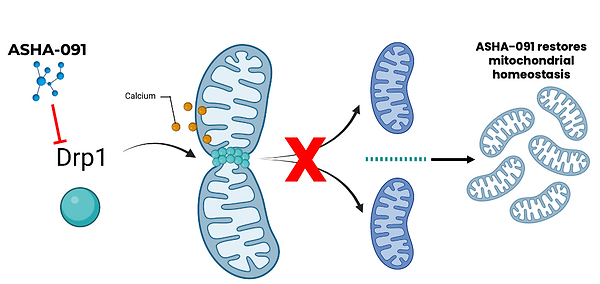Dude
Senior Member
- Messages
- 190
Asha Therapeutics is a company that has active programs in neuroscience for therapeutic intervention in neurodegenerative diseases including Parkinson's Disease (PD), Alzheimer's Disease (AD), and Amyotrophic Lateral Sclerosis (ALS), post-viral illnesses such as Myalgic encephalomyelitis/chronic fatigue syndrome (ME/CFS) and Long Haul COVID.
In one of its secondary indications for the drug, Asha Therapeutics presented exciting new data for their lead Parkinson's Disease therapeutic ASHA-091 at The 12th International Biomedical Research into ME Colloquium at the Wellcome Sanger Institute in the United Kingdom. "Targeting mitochondrial dynamics is a promising therapeutic avenue to treating post-viral illnesses such as ME/CFS and Long Haul COVID," said Dr. David Asher, CEO of Asha Therapeutics.
Video in Link:
https://www.ashatherapeutics.com/post/me-cfs
In one of its secondary indications for the drug, Asha Therapeutics presented exciting new data for their lead Parkinson's Disease therapeutic ASHA-091 at The 12th International Biomedical Research into ME Colloquium at the Wellcome Sanger Institute in the United Kingdom. "Targeting mitochondrial dynamics is a promising therapeutic avenue to treating post-viral illnesses such as ME/CFS and Long Haul COVID," said Dr. David Asher, CEO of Asha Therapeutics.
Video in Link:
https://www.ashatherapeutics.com/post/me-cfs



